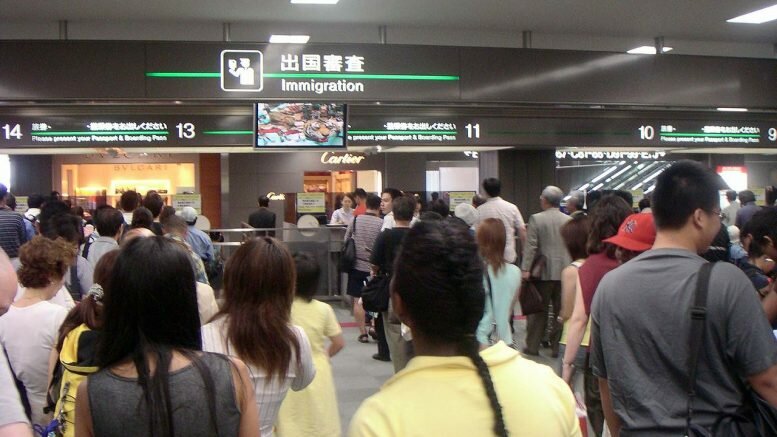The most vulnerable in the labour market are the most negative toward immigration. This is what is shown in a new study conducted in Norway and 16 other countries.
In researching the paper, ‘Trading off Welfare and Immigration in Europe’, Ole-Petter Moe Hansen and Stefan Legge of Norges Handelshøyskole (NHH), show that the growing skepticism about immigration in Europe is economically rational, and not necessarily caused by xenophobia.
‘Europeans with a low level of education are more positive about the welfare state, and more negative towards immigration. It is an economically rational standpoint’, the researchers report.
The result is based on a survey of Norway and 15 other European countries, reported Klassekampen newspaper.
The researchers have based their results on the European Social Survey (ESS) from the years 2002 to 2012. It is an extensive survey measuring attitudes in Europe over time.
In ESS, it emerged that changes in attitude are much more clearly seen among those who are more vulnerable in the labour market.
‘When the unemployment rate rises, the people become both more positive toward redistribution of wealth, and less positive towards immigration. The response is much stronger among those with lower education when unemployment rises’, said Hansen.
The size of the group that is negative toward immigration, and positive toward redistribution, has grown in step with the right-wing advance of populism in Europe. Many of this group emphasize that the number of immigrants has to be kept down so that welfare benefits are protected.
On Wednesday, the government-appointed: ‘Welfare and Migration Committee’ (Brochmann 2) will submit its report. This will include information about the connection between immigration and welfare.
Source: NTB scanpix / Norway Today




